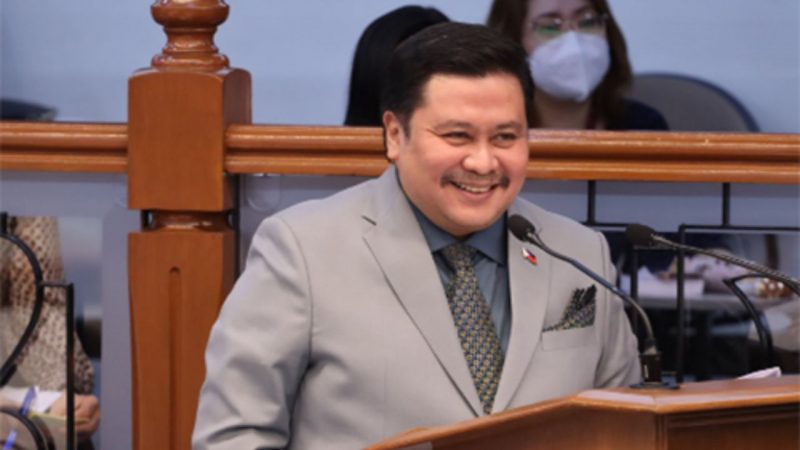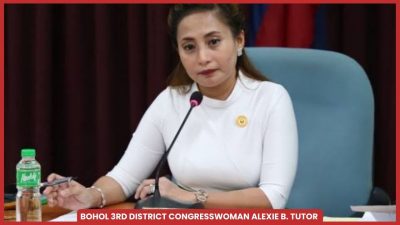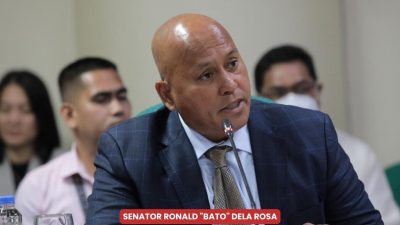WITH the introduction of a hassle-free application program for the certification of overseas Filipino workers (OFW), Senator Jinggoy Ejercito Estrada called for the enactment of measures that will establish full interoperability of all government systems and services to reduce red tape and expedite the digital transformation of the country.
“These bold and innovative steps mark a significant milestone in ensuring the welfare and well-being of our modern-day heroes. By eliminating unnecessary fees in issuing Overseas Employment Certificates (OECs), we’re showing them the respect and appreciation they deserve. I’m hoping we could sustain and build on the digital transformation of government operations and processes to increase efficiency, productivity, and transparency,” Estrada said.
In response to reports on the upcoming hassle-free app of the Department of Migrant Workers (DMW), which will make the OEC free of charge, Estrada is pushing for the development and enhancement of electronic government (e-government) services and processes, including the implementation of an online payment system and business registration-related transactions.
Estrada, as chairperson of the Senate Committee on Labor, Employment, and Human Resources Development, has been advocating for the establishment of an E-Government Master Plan and the institutionalization of a national policy on the adoption of digital payments for government disbursements and collections.
One of the veteran lawmakers’ proposals, Senate Bill No. 803, also known as the “Use of Digital Payments Act,” aims to enhance transparency and expedite the distribution of financial aid to the most vulnerable sectors, especially in times of crisis. It also seeks to mandate the digital payment of goods, services, and other disbursements in government transactions.
Another measure introduced by Estrada, Senate Bill No. 455, or the proposed “E-Government Act,” aims to provide a legal framework for the establishment of an E-Government Master Plan. This includes provisions for interoperability, database and resource sharing network, archives, records management system, and an online payment system, among others.
“Through a user-friendly app, such as a dedicated app for the issuance of OECs, we can save time and resources for both the government and our OFWs while providing accessible and responsive services to our hardworking OFWs,” Estrada emphasized.
“Many countries are implementing different types of e-government and have already had a digital transformation of their financial system to intensify the provision of services to the public. We need to keep up with these changes,” he added. (ai/mnm)







